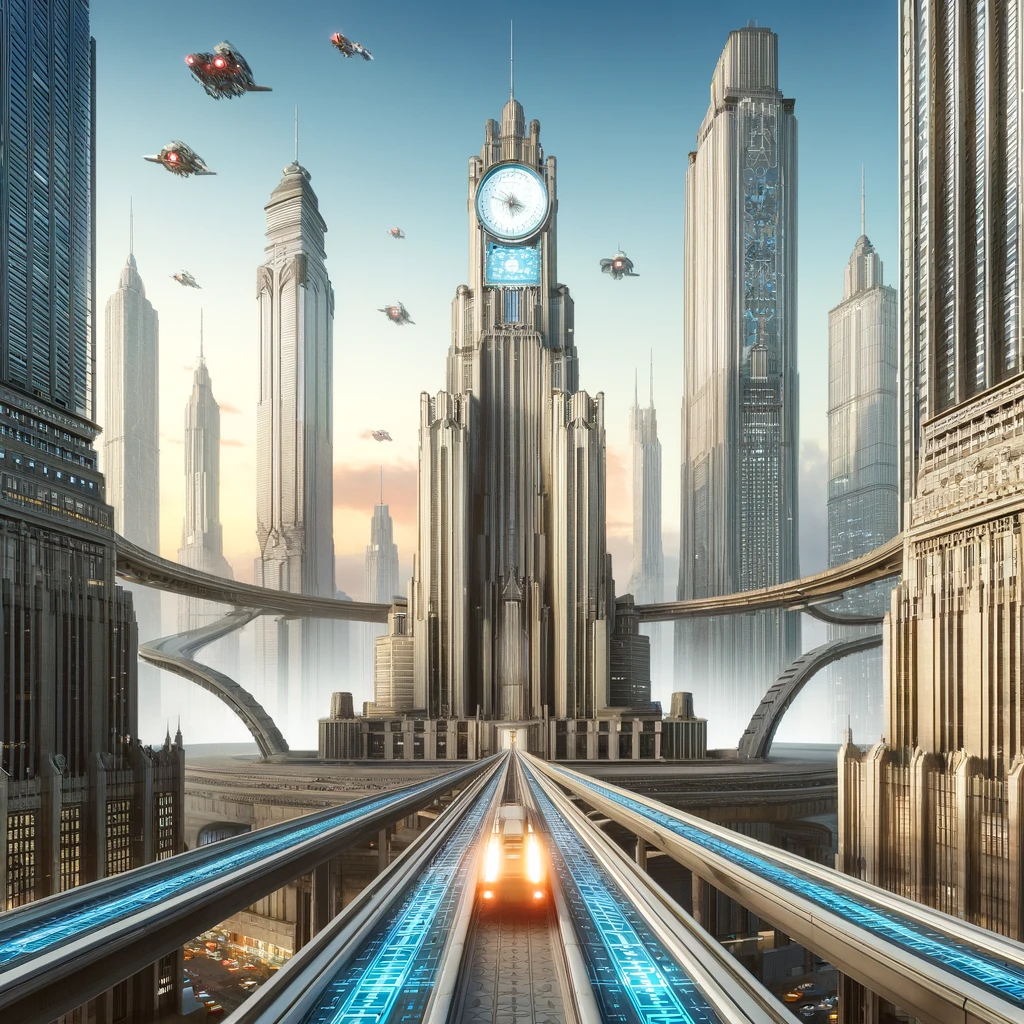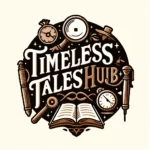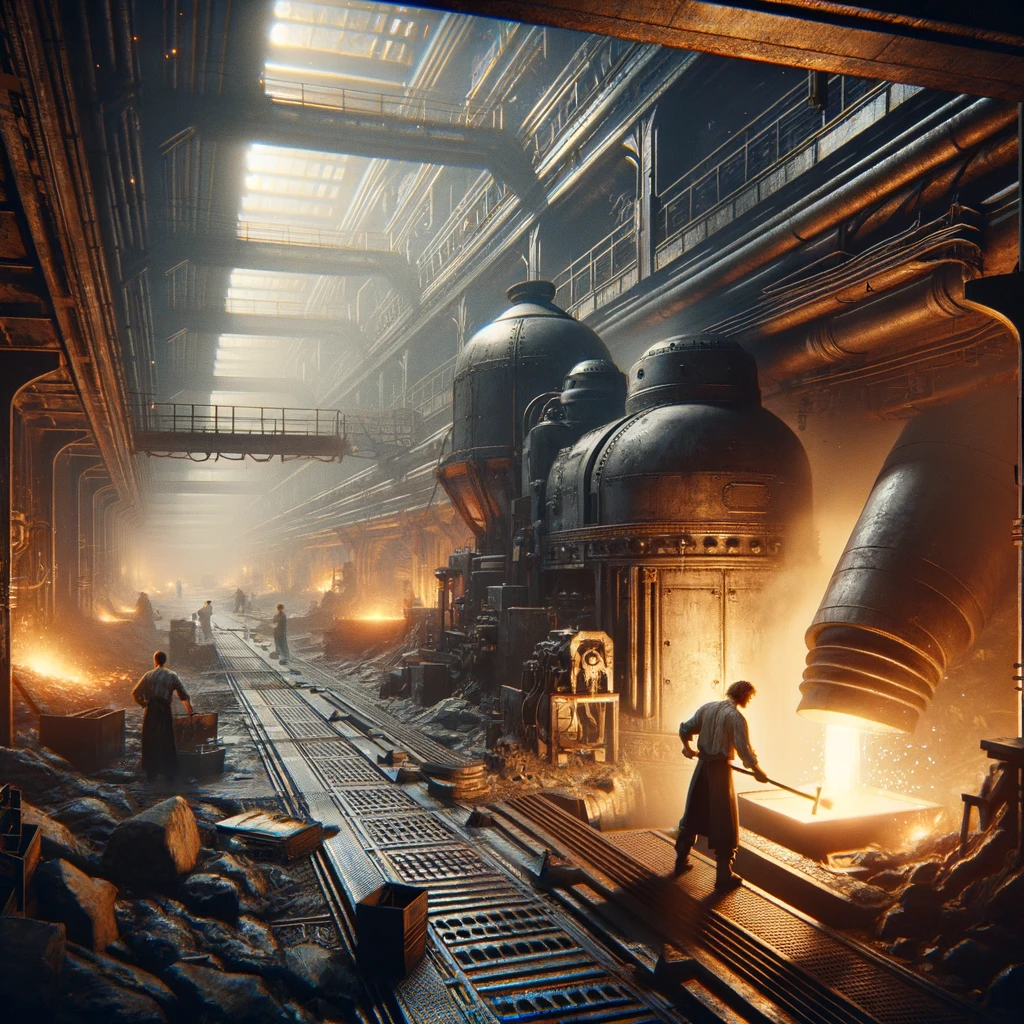In the shadowy depths and dizzying heights of Thea von Harbou’s “Metropolis,” we embark on a journey into a futuristic city where opulence clashes with oppression, and technology dances a dangerous tango with humanity’s soul. Fasten your seatbelt, dear reader, for this is no ordinary stroll through a garden of prose, but a whirlwind tour of a world so sharply etched that it might just cut you if you’re not careful.
At the heart of “Metropolis” is the sprawling city itself, a marvel of modern science and a cesspool of human misery, all rolled into one. Here, skyscrapers reach for the heavens, and workers are buried in the bowels of the earth, toiling like ants in a glass farm for the amusement of the idle rich. The city is a character in its own right—vast, breathing, and ruthlessly indifferent to the tiny human dramas unfolding in its shadow.
Enter our tragic hero, Freder Fredersen, the master of the universe’s son who discovers his Eden has serpents in the form of exploited laborers powering his paradise. Freder’s journey from blissful ignorance to tortured awareness is a classic coming-of-age tale, turbocharged with a dose of class consciousness and a sprinkle of existential dread. His is a white-knuckle ride through love, rebellion, and the discovery that all is not well in the world that his father, Joh Fredersen, the mastermind of Metropolis, controls with an iron fist and a cold heart.
And what would a tale of future woe be without a femme fatale? Enter Maria, the saintly savior of the workers, whose angelic face and persuasive eloquence inspire the masses to dream of a better life. But beware—there’s a twist! A robot double, a metallic mockery of Maria, crafted by the mad scientist Rotwang and commissioned by Joh, sows chaos and discord among the working class. This doppelgänger, with her electric eyes and metallic voice, is a cautionary figure about the dangers of technology gone awry and the disposability of individual identity in the face of mechanical replication.
The narrative of “Metropolis” is a rich tapestry woven with threads of biblical allegory, medieval mysticism, and modernist anxiety about the industrial age. The Tower of Babel is reconstructed as the New Tower of Babel, a skyscraper that serves as Joh Fredersen’s headquarters, symbolizing human ambition and its inevitable companion, confusion. Meanwhile, the heart machine that powers Metropolis is akin to the forbidden fruit, tempting and catastrophic in its promise of god-like control over the forces of life and death.

Through the chaos and carnage, von Harbou teases us with the tantalizing possibility of redemption. Freder and Maria, our Adam and Eve, might just forge a new path, one where head (the thinkers) and hands (the workers) are united by the heart (the mediators). It’s a lovely thought, isn’t it? A bit utopian, but we’re in the land of fiction, after all, where anything is possible.
In von Harbou’s “Metropolis,” every chapter serves as a mirror reflecting our deepest anxieties about the modern world. It asks us to consider the cost of our towering ambitions and our relentless pursuit of progress. Are we building a paradise or a prison? Are we elevating humanity or enshrining its subjugation?
So, as you turn the pages of this electrifying tome, ask yourself: In the grand blueprint of our future, are we the architects of harmony or the engineers of our own destruction? “Metropolis” doesn’t just offer answers; it dares to question the very foundations of our societal structures. And isn’t that just the kind of mental gymnastics we bookworms live for? Dive in, the dystopia awaits!


